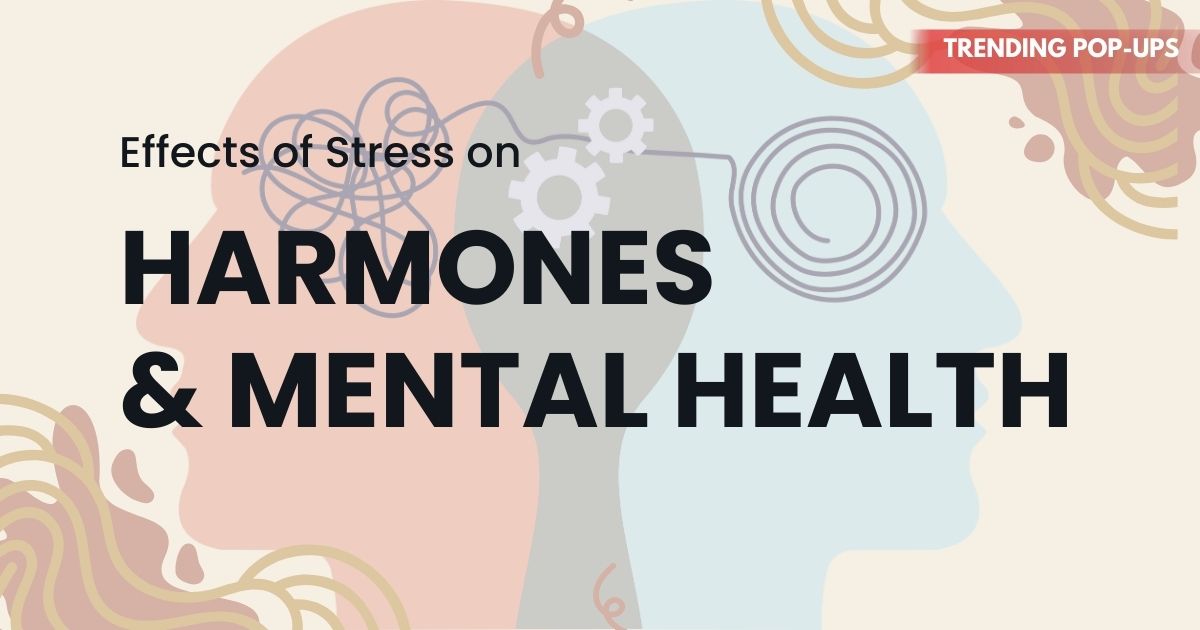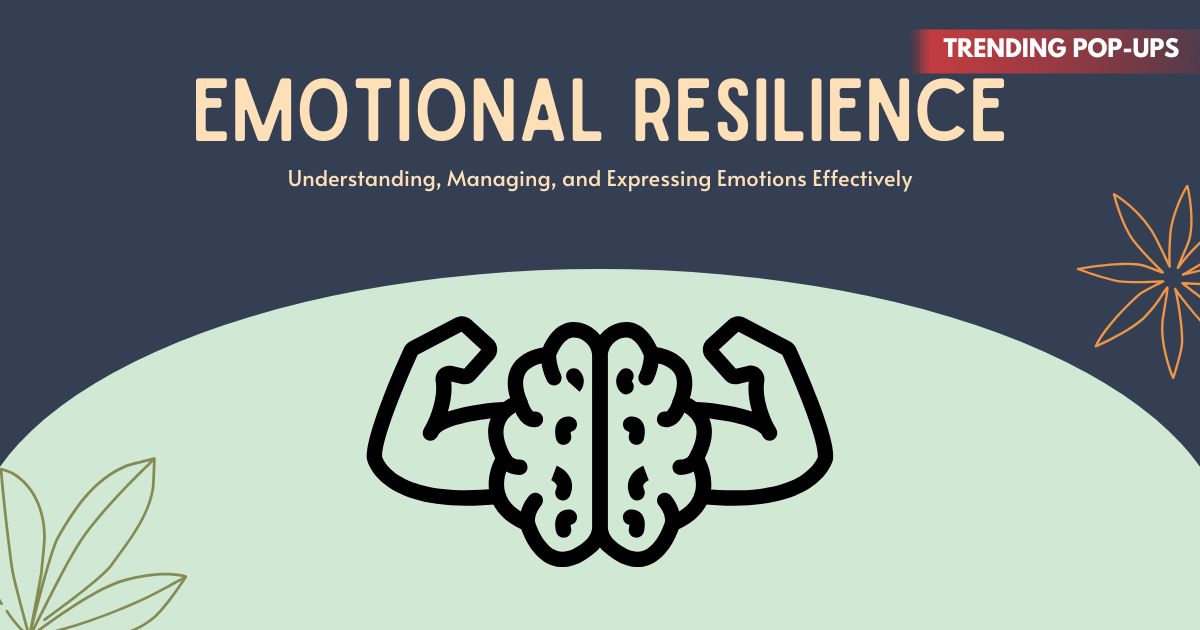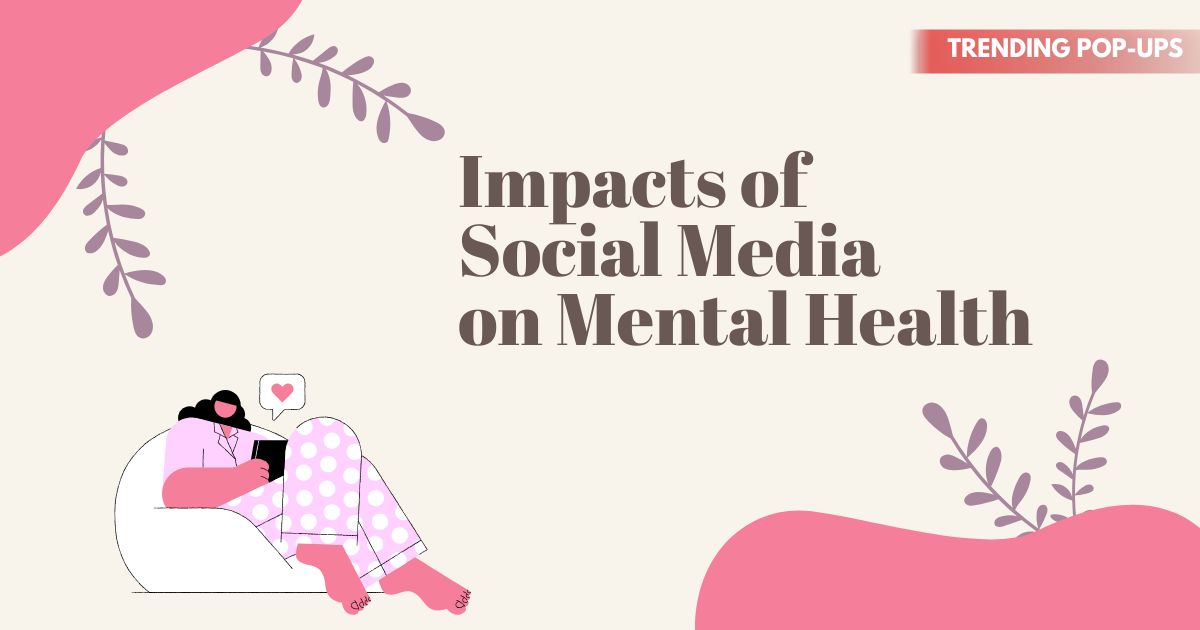Stress is a natural response to challenging situations, but chronic stress can have profound effects on both hormones and mental health. The body’s stress response is designed to protect us in emergencies, but when activated continuously, it can lead to hormonal imbalances, mood disorders, and other health complications.
Understanding the effects of stress on hormones and mental well-being is essential for managing stress and maintaining overall health.
What Happens to Your Body During Stress
When you experience stress, the hypothalamus-pituitary-adrenal (HPA) axis is activated. This triggers the release of stress hormones, primarily cortisol and adrenaline, which prepare the body for a “fight or flight” response.
Immediate effects of stress include:
-
Increased heart rate and blood pressure
-
Rapid breathing
-
Heightened alertness and energy
-
Release of glucose into the bloodstream
While short-term stress can be beneficial, chronic stress disrupts hormonal balance and mental health.
How Stress Affects Hormones
Stress influences multiple hormones in the body, leading to widespread physiological effects:
1. Cortisol
Cortisol, known as the “stress hormone,” helps regulate metabolism, inflammation, and blood sugar levels. Chronic stress causes:
-
Elevated cortisol levels
-
Weight gain, particularly around the abdomen
-
Sleep disturbances
-
Suppressed immune function
2. Adrenaline and Noradrenaline
These hormones increase heart rate, blood pressure, and energy availability during acute stress. Long-term overproduction can lead to:
-
Anxiety
-
High blood pressure
-
Increased risk of cardiovascular problems
3. Insulin
Chronic stress can affect insulin sensitivity, leading to higher blood sugar levels and increasing the risk of type 2 diabetes.
4. Thyroid Hormones
Stress can interfere with thyroid function, potentially causing fatigue, weight changes, and mood disturbances.
5. Reproductive Hormones
Prolonged stress affects estrogen, progesterone, and testosterone, potentially leading to:
-
Irregular menstrual cycles in women
-
Reduced fertility
-
Decreased libido and sexual health issues
Effects of Stress on Mental Health
Chronic stress significantly impacts mental well-being:
1. Anxiety
Persistent stress elevates cortisol and adrenaline, contributing to feelings of nervousness, restlessness, and panic attacks.
2. Depression
Long-term stress alters neurotransmitter levels, including serotonin and dopamine, increasing susceptibility to depression.
3. Cognitive Impairment
High cortisol levels can impair memory, focus, and decision-making abilities.
4. Sleep Disorders
Stress often leads to insomnia or poor-quality sleep, which further exacerbates hormonal imbalances and mental health issues.
5. Emotional Instability
Chronic stress may result in irritability, mood swings, and difficulty managing emotions.
Signs That Stress Is Affecting Your Hormones and Mental Health
-
Persistent fatigue despite adequate rest
-
Weight gain or loss without dietary changes
-
Increased anxiety or panic episodes
-
Difficulty concentrating or remembering things
-
Irregular periods or reduced libido
-
Sleep disturbances, such as insomnia or restless sleep
-
Frequent headaches or muscle tension
Recognizing these signs early allows for timely intervention and stress management.
Strategies to Manage Stress and Restore Balance
1. Regular Exercise
Physical activity helps reduce cortisol levels, improve mood, and boost endorphins. Activities like walking, yoga, and strength training are effective stress relievers.
2. Mindfulness and Meditation
Practices such as meditation, deep breathing, and mindfulness can calm the HPA axis, lowering cortisol and promoting mental clarity.
3. Balanced Nutrition
Eating a diet rich in whole foods, antioxidants, and omega-3 fatty acids supports hormonal balance and brain health. Avoid excessive caffeine, sugar, and processed foods.
4. Adequate Sleep
Prioritize 7–9 hours of sleep per night. Good sleep hygiene, like a consistent schedule and limiting screen time before bed, reduces stress hormone levels.
5. Social Support
Talking to friends, family, or therapists can buffer the effects of stress and improve emotional well-being.
6. Time Management and Relaxation
Planning your day, setting priorities, and scheduling relaxation breaks help prevent chronic stress buildup.
Conclusion
Stress is a natural part of life, but when prolonged, it can disrupt hormones and significantly impact mental health. Understanding the connection between stress, hormones, and brain function is the first step toward effective management. By incorporating exercise, mindfulness, balanced nutrition, proper sleep, and social support, you can mitigate stress, restore hormonal balance, and protect mental well-being. Taking proactive steps helps improve overall health, resilience, and quality of life.
Also Read : Natural Remedies vs. Modern Medicine – When to Choose What
FAQs
Q1. How quickly does stress affect hormones?
Acute stress triggers immediate hormone release, but chronic stress over weeks or months leads to sustained hormonal imbalances.
Q2. Can stress-induced hormonal changes be reversed?
Yes, with lifestyle modifications such as exercise, proper nutrition, mindfulness, and adequate sleep, hormone levels can return to balance.
Q3. Are some people more sensitive to stress than others?
Yes, genetic factors, early-life experiences, and individual coping mechanisms influence stress sensitivity.
Q4. Can stress cause long-term mental health issues?
Chronic, unmanaged stress can increase the risk of anxiety, depression, and cognitive impairment if left unaddressed.
Q5. Should I consult a doctor if stress affects my hormones?
Yes, medical guidance is recommended if stress leads to severe symptoms, hormonal imbalance, or mental health concerns.



